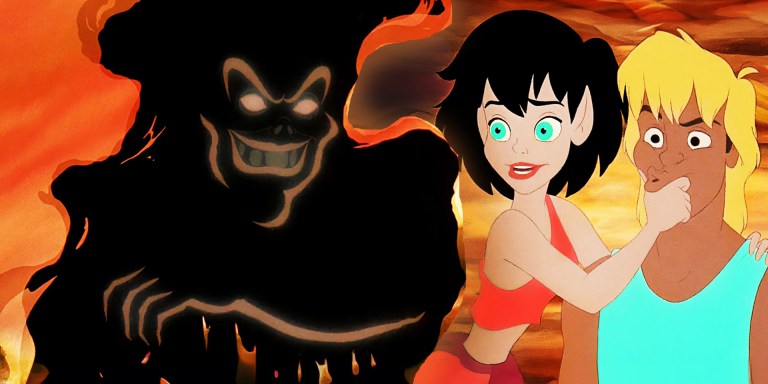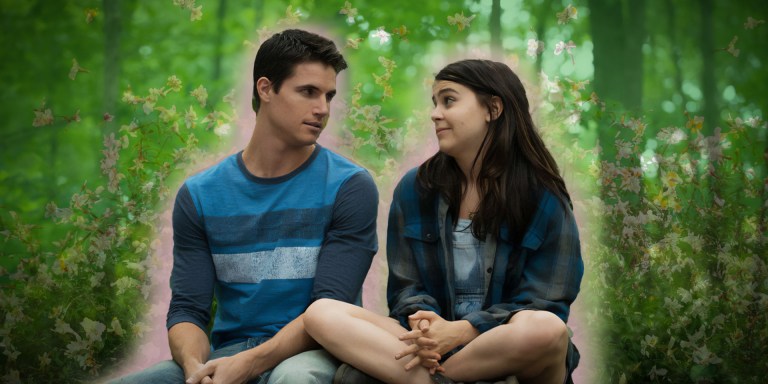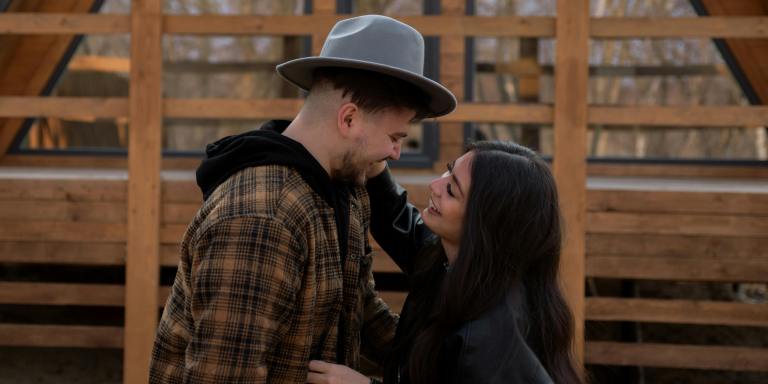When you return to your childhood home after a long absence, you find that although things feel different, what’s changed isn’t your home, it’s you.
There’s much to be missed about our childhoods: the long summer nights we spent doing absolutely nothing, the friends who we’ve since fallen out of touch with, even the simple excitement for life and for what was to come. Yet, growing up is inevitable. It’s by no means bad nor should we feel that we’re losing our childhood. Our youth is something that we can always tap into if we so choose, and there’s still much we can learn from it. We’ll always have our memories, and, as the perpetual child Dr. Seuss once said, “Adults are just obsolete children and the hell with them.” After all, acting childish is vastly underrated.
Some advise you can take from your childhood self:
1. Youthful Love
We like to think that as much as it felt like love, our first romances were predicated on infatuation and newness — that what we felt wasn’t actually love. Yet, I think it was. Young love is perhaps the purest love we’ll ever experience: unconditional, unspoiled, innocent. We’ll never be able to go back to it of course, but we can bring the same sort of excitement and certitude that it would forever last to our future relationships.
2. Summer is Perfect
Now we work or take internships or study for exams, but at one time summer was pure freedom. Beach days, rope swings, movie nights, pool parties, picnics, sleeping under the stars. I had a calendar in my room back home that I’d use to X out the days left before summer. Sure we have more responsibilities as adolescents and adults, but we used to appreciate our time off and actually take it — now we seem to fill our spare time to the brim for fear of being labeled unproductive or lazy. Summer can be perfect. We just have to treat it that way.
3. Freedom of Expression
Studies show that at about six years old, most children can tell you what they think you want to know. This is when private schools conduct interviews with prospective pupils and children begin to become more aware of what they’re saying and what it means. Yet, as we all know, children don’t have the strongest filters. If children’s mouths were a Brita, the water would be perpetually murky. But a constant filtering and polishing of everything we say often ends up being disingenuous. Saying what we believe, what’s right, and what’s true is something we shouldn’t give up with age.
4. The Present Moment
“When we are children we seldom think of the future. This innocence leaves us free to enjoy ourselves as few adults can. The day we fret about the future is the day we leave our childhood behind.” — Patrick Rothfuss
Thinking less of who we want to be and more of who we are can be immensely freeing. If you’re happy with yourself and with The Now, the fear of the future will begin to dissipate like a thin mist, the present moment coming into focus.
5. Everyone is Interesting
At some point, adults begin to base people’s worth off of their job, their attractiveness, their income, their education, and a variety of factors that might seem important. Yet these things don’t say all that much about the person’s actual character. Children seem to find everyone fascinating no matter who they are. They’re a fellow human: special, interesting, unique — so why not treat them that way?
6. Roses Smell Really Great
Take life slowly like you once did. Stop and smell the flowers. You don’t have to be sprinting from obligation to obligation with a wobbly cup of coffee in hand in order to validate your existence.
7. The Best Is Yet to Come
We may pine for the lost innocence and ease of our youth, but it’s important to remember the way we regarded the future when we were children. Each birthday was an event to be celebrated. Each holiday worth getting excited about. Each accomplishment a milestone. Live in the present, reflect on your childhood, and excitedly await what’s next in your life. After all, that’s what a childhood you would’ve done. ![]()





